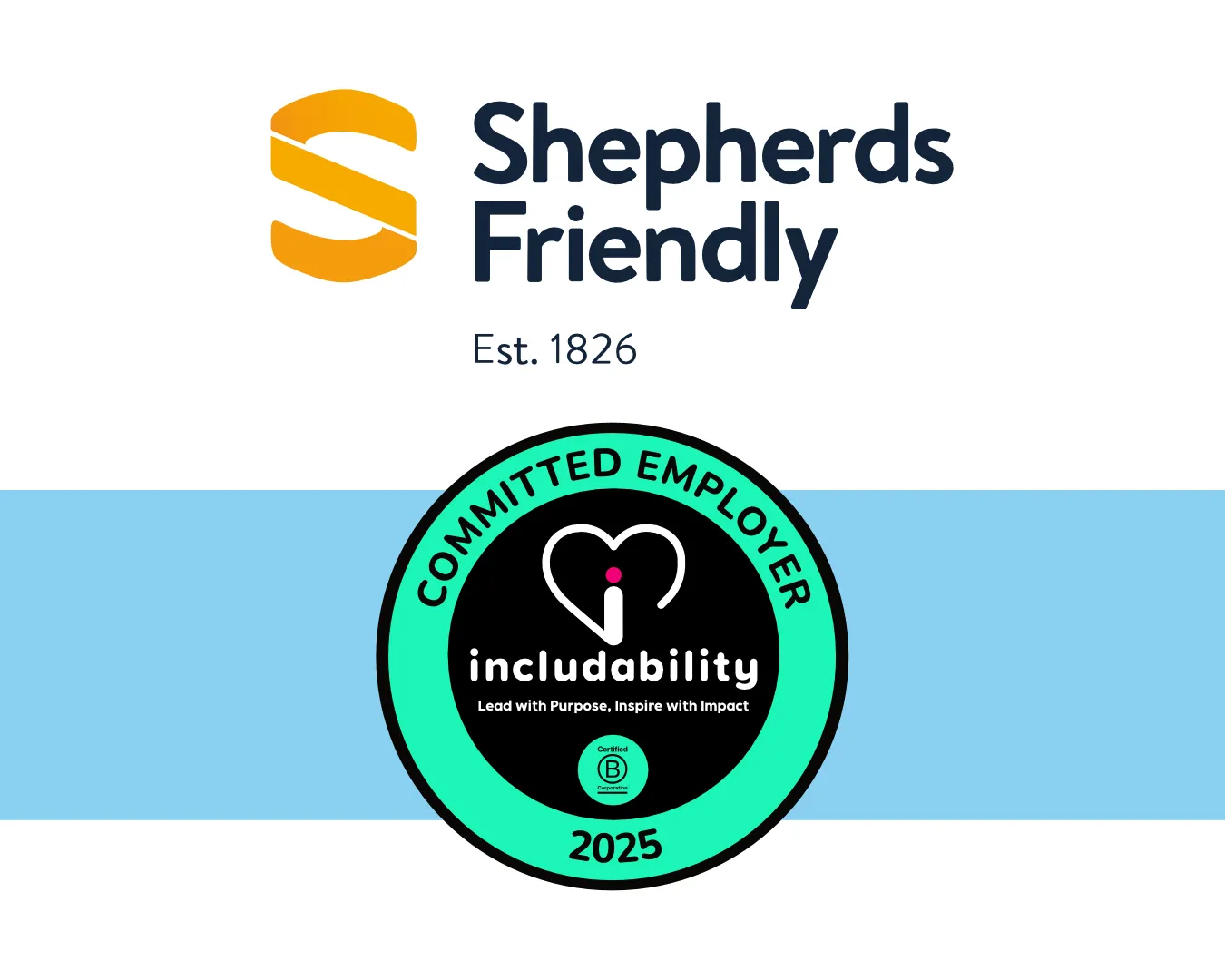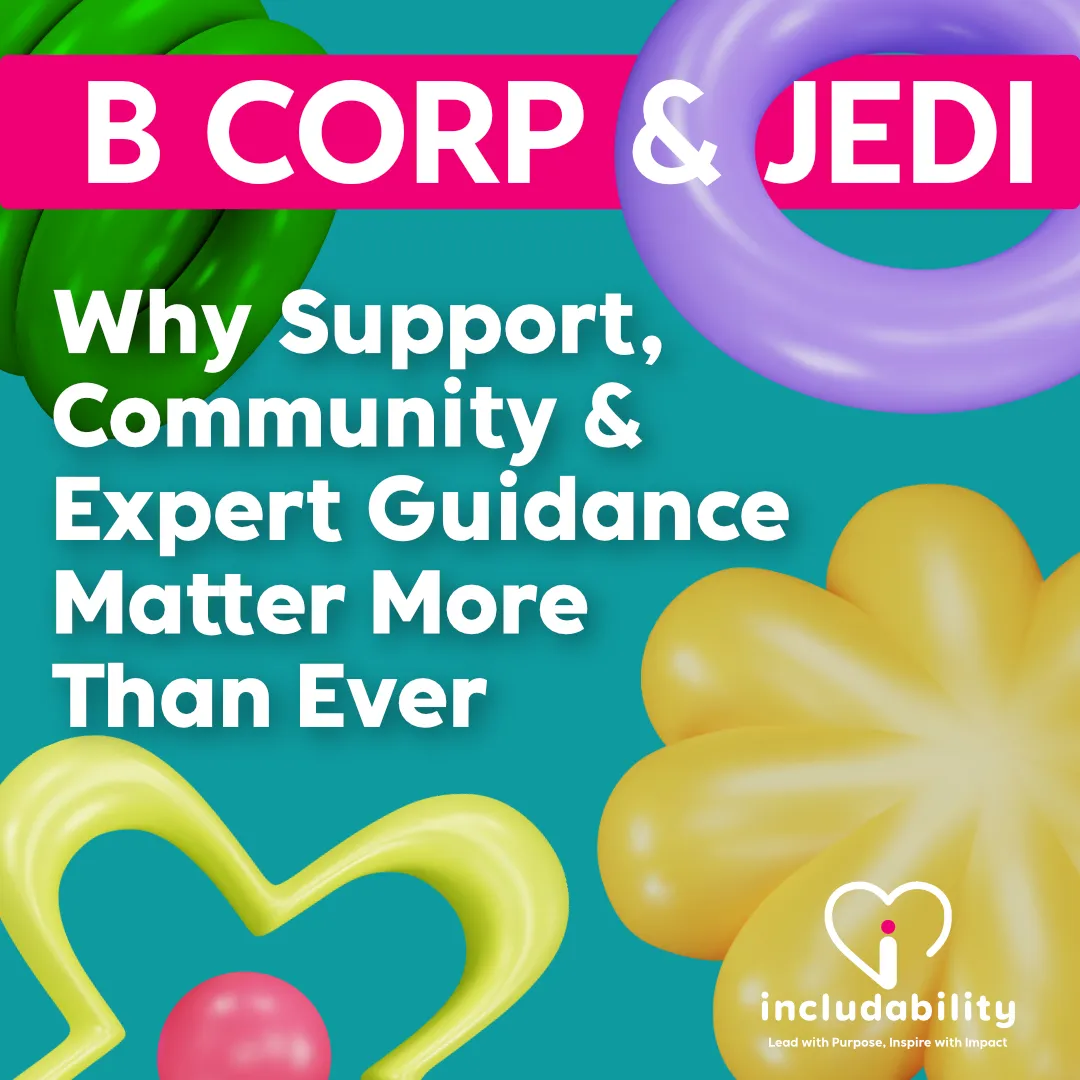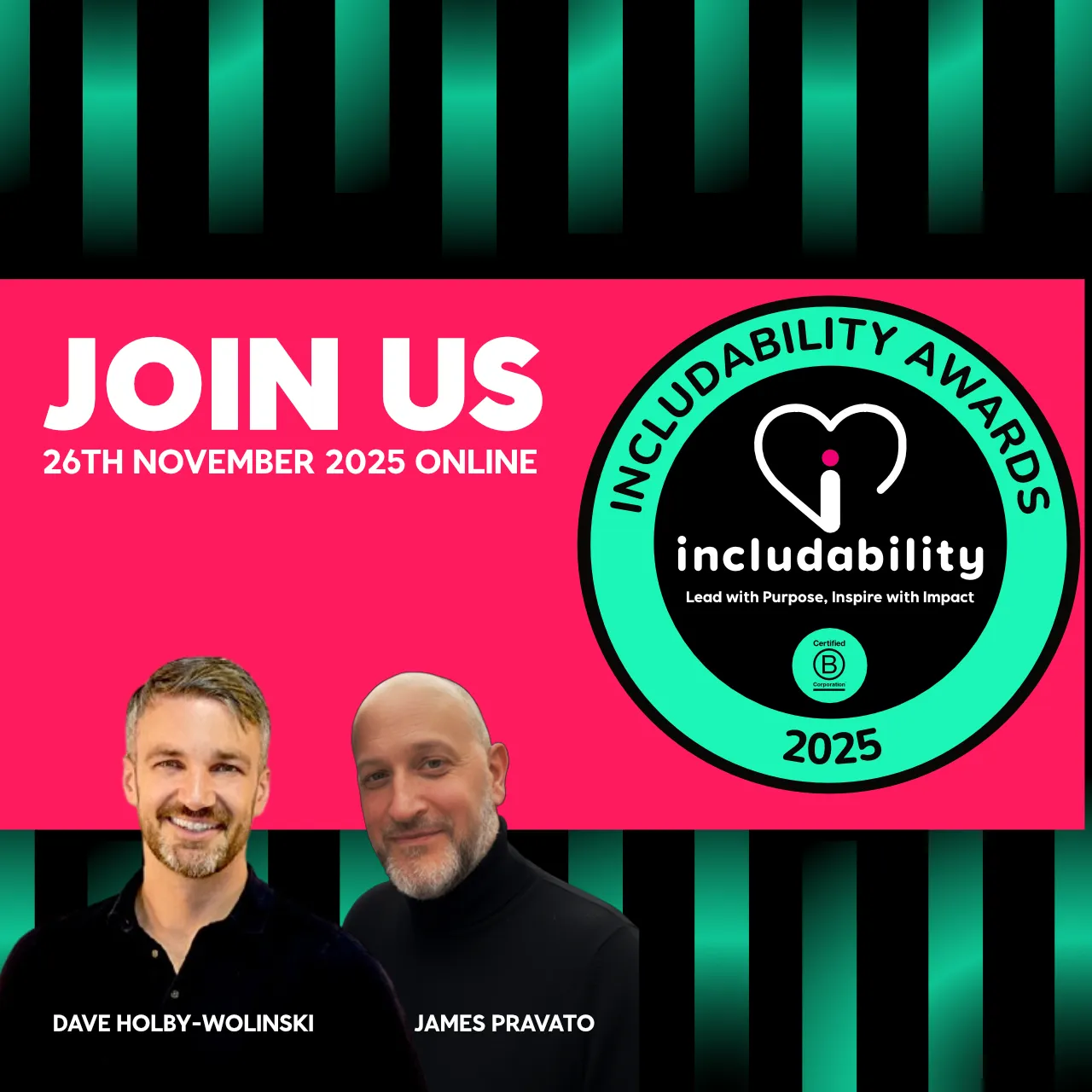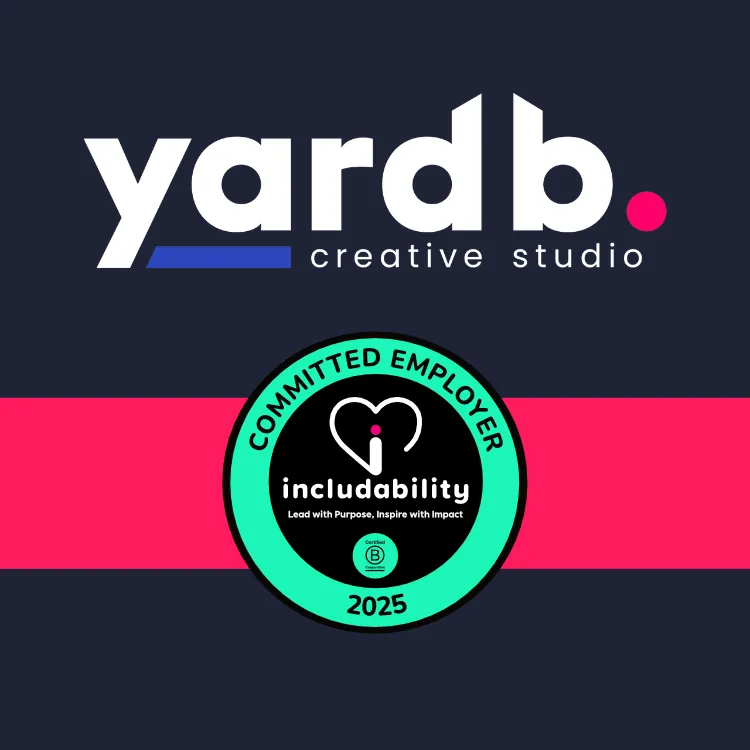B Lab Releases SDG Insights Report 2021
B Lab Releases SDG Insights Report 2021
.png)
Company Efforts Must Go Beyond Marketing and Reporting to Affect Change

Individual company efforts need to go beyond marketing and reporting relating to the UN Sustainable Development Goals (SDGs) to affect real change
This is one of the conclusions reached by the latest SDG Insights Report from B Lab in which the primary findings from more than 1,700 companies that use the SDG Action Manager show that private companies’ contribution to sustainable development has declined due to reprioritisation due to the pandemic.
The report also concludes that despite an increase in talk around engagement with the SDGs, the action and performance is not strategic or bold enough to achieve the SDGs and that compared with last year, the recent data shows no significant progress has been made to achieving the 2030 Agenda for Sustainable Development. Therefore, more drastic recommendations have been suggested this year.
What were B Lab's SDG Insights Report Findings?
All companies have an impact on the SDGs, good or bad, whether intentional or not. Companies in Europe are performing best on Goal 8: Decent Work and Economic Growth, with over 64% of companies prioritising the SDG within their operations. Goal 12: Responsible Production and Consumption is also a high priority with 60% of companies prioritising the goal. Goal 1: No Poverty (55%) and Goal 5: Gender Equality (53%) also score highly in prioritisation.
The report also found SDGs with the worst performance in Europe are Goal 14: Life Below Water (38%) and Goal 15: Life On Land (40%). Different regions also have prioritisation trends. Companies operating in regions of the Global South, especially Latin America and Africa, are prioritising Goal 1, while companies in the Global North are prioritising Goals 8 and 12.
Globally, companies tend to perform best within their internal operations compared to supply chain, collective action, and business models. 50% of companies are gaining points on Goal 3: Good Health and Wellbeing within their internal operations, whereas just 14% of companies are gaining points on Goal 6: Clean Water and Sanitation and Goal 7: Affordable and Clean Energy in their supply chains.
29% of businesses prioritised less than five SDGs, 58% between five and ten, and only 13% more than ten. Companies were found to be focusing on an average of six-seven SDGs, and while fewer companies focused on more SDGs, there was an increase in companies who determined that they would take a completely comprehensive approach and prioritise nearly all SDGs.
Priority SDGs do not necessarily have high rates of improvement goals being set however, with Goal 1 and Goal 3: Good Health and Wellbeing being among the most prioritised, but with less improvement goals than the average across SDGs.
Of all goals set for improvement, the highest frequency of improvements has been related to Goal 16: Peace, Justice, and Strong Institutions.
What were B Lab's SDG Insights Report Conclusions?
Overall, the analysis broadly correlates to previous reports about company engagement with the SDGs and that change needs to occur not just in the easiest and simplest of places, likely within a company’s own internal operations, but in the most strategic and impactful of places, including their value chains and their business models.
The research arm of The B Corporation also recommends companies need to lend their voice, authority, and resources on meaningful collaboration and collective action to have impacts beyond their own company. In order to shift the dial significantly, the researchers say businesses must take a systemic approach to change, both within organisations and within the broader economic system to achieve the SDGs.
After a year of upheaval due to the pandemic, B Lab have liaised with business leaders and are proposing various approaches to accelerate business progress on the SDGs. They include:
- An operating environment that incentivises SDG action
- Supportive public policy
- Enhancing demand from customers and consumers to generate the right market signals for businesses to respond to
- More engagement of the finance industry to incentivise and fund innovation and action
- Reduce[d] complexity of initiatives

What are Includability's Actions?
At Includability, we are reaffirming our commitment to the UN SDGs as we move forward. We are particularly aligned with Goal 1: No Poverty, Goal 5: Gender Equality, Goal 8: Decent Work and Economic Growth, Goal 10: Reduced Inequalities, Goal 13: Climate Action & Goal 16: Peace, Justice and Strong Institutions, but are also looking to adopt more SDGs into our business model, internal operations, collective actions, and our supply chain as we move into our second year of operation.
David Holby-Wolinski, director at Includability said,
“As a purpose driven job platform, we are proud to deeply embed the UN Sustainable Development Goals within our Includability business model. As a framework to building a better and sustainable framework for us all, the Goals allow us to track our impacts and ensure that our local actions can create a global resonance. This is helped greatly by the amazing partnerships that we have in place with organisations such as B Lab UK, Planet Mark, Ecologi and B1G1 whilst our platform community continues to flourish thanks to our Official Partners, Ambassadors and game changing Includability employers. There is a continuous desire to drive our sustainability agenda forward - as we continue to build partnerships and develop our support network for organisations committed to creating an inclusive culture, we are excited to embed Goal 4: Quality Education and Goal 17: Partnering the Goals into our business model.”
We contribute to the advancement of the SDGs through the following actions:
What are our commitments to UN SDG's?
Goal 1 – Includability is on course to being an accredited Living Wage Employer, plus ensuring every registered employer is also only uploading vacancies of a national living wage (Expected October 2021).
We are working towards adopting Goal 4: Quality Education as a priority by building library of quality, research-based papers (Expected Spring 2022).
Goal 5 – No discrimination in internal recruiting processes. Accessible resource library and webinars available to ensure no gender bias in verified employer practices.
Goal 8 - By providing a platform for job seekers to apply to employers committed to building an inclusive culture by only advertising verified vacancies, we are expanding decent work options available to everyone (Expected December 2021).
Goal 10 – We regularly host webinars, resources, employer and employee education seminars, accessible functionality for job seeker applications. Our Employer Support Groups (ESGs) help to build knowledge and empower staff to reduce inequalities.
Goal 13 & Goal 8 – By implementing a 5 Star Verification Process for all employers registered on our job board in which Includability directly accepts standards and sets targets for sustainable business practices, we are advancing sustainable businesses and contributing to net-zero targets.
Goal 13 – Includability is a pledged carbon neutral business (Data expected 2022).
Goal 16 – Building a community free from judgement where people can ask questions safely and build knowledge where companies follow our house rules of engage, collaborate, and inspire. Employers are also required to sign Includability code of ethics to form a strong, peaceful institution.
What are our Collective Actions to UN SDG's?
Goals 1,3,5,8,10,17 – The Implementation of our 5 Star Verification Process for all employers registered on our job board requires partner collaboration to set standards for mental health, wellbeing, talent acquisition and diversity & inclusion. We achieve this with help through our respective partners; Mental Health Charter CIC, Outliers Wellbeing, Unleashed and includeus.
Goal 3 – All staff have membership of The Collective – An Outliers Wellbeing Community Group.
Goal 4 – Partners will be able to share resources at the verification stage, and at EGS and Webinars. Includability also reciprocates by advertising partner webinars and community events which offer high educational value (Fully integrated by early 2022).
Goal 5 – We use a ‘Gender Decoder’ tool in our employer dashboard to determine if language is bias through official partner, Your D&I.
We are working towards furthering Goal 8 by pulling together partners, ambassadors, consultants, and employers to share best practice and assurances that everyone involved is committed to be more inclusive to benefit job seekers (Expected November 2021).
Goal 13 – We provide a platform for webinars on climate action
Goal 13 – We have planted over 1,070 trees planted in the Includability forest via our partner, Ecologi.
Goal 13 – We are working toward Planet Mark certification (Expected July 2022).
All Includability staff support philanthropic impact projects provided by B1G1 which align with most SDGs. Impacts are also created by crediting webinar and ESG attendees.
What are our Internal Operations Actions to UN SDG's?
Includability is working to further support Goal 8 by building a new web page to house our growing Includability community of sustainable businesses. (Expected October 2021)
Goal 13 – We make annual charitable contributions to 1% For The Planet (Expected June 2022). We also aim to achieve our B1G1 and Ecologi targets of 100,000 impacts and plant 10,000 trees, respectively (Expected summer 2022).
What are our Supply Chain Actions to UN SDG's?
We are working to adopt Goal 17: Partnership For the Goals – To create an Includability supplier code of conduct in which suppliers adhere to our diversity and inclusion principles as a partner (Expected December 2021).
See our commitments here
Related resources & events
Sign up for our newsletters
We have an employer and Job seeker newsletter giving you all the latest information in one easy and digestible email. Sign up today for news and job advice straight to your inbox.









